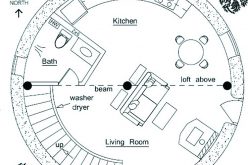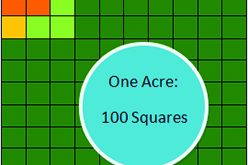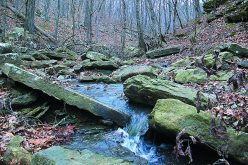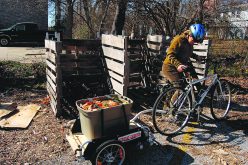Making Ripples Creed:
If I see a need, I will seek to meet it.
If I have an opportunity, I will follow it.
If I have a problem, I will innovate a solution.
By Terrah Baker
The oil spill in Mayflower has made the movement against the Keystone XL Pipeline even stronger with photos spreading all over the Internet of a thick black river engulfing a neighborhood. But there is a strong argument in favor of building this pipeline: jobs. Even temporary jobs can put food on the table. In fact, “Our country was built with temporary jobs — it’s called the construction industry,” say supporters who are eager to get back to work.
The trouble is some temporary jobs work against permanent air, food and water. You can’t feed a family if you’re sick. A cultural shift is needed to alleviate the current suffering arising from unemployment, which makes people crave jobs that harm their own communities and families. That shift involves thinking of a paycheck differently.
One of the biggest lies Americans are told is the American Dream requires receiving a paycheck from any available employer in order to acquire substantial sums of money and purchase consumer goods. We are not encouraged to be do-it-yourselfers, entrepreneurs or resourceful. My husband and I have both held below-minimum-wage jobs: working in a rat poison plant, stocking shelves at a store and delivering Chinese food. At that time, we too bought into the idea our needs were met by money, which came exclusively from employment outside the home.
Nowadays, we know unemployment brings the opportunity for a new kind of paycheck, and I don’t mean welfare. Anyone who can work, and even many of those who can’t work, can seek out their full potential and decide on the resources available to them, and create their own resources. No, I’m not talking about eliminating social services. I mean value creation.
“Value creation” is a concept we have been using to create Ripples and gradually ease into the process of becoming social entrepreneurs. It is the antivenom of temporary jobs building an oil pipeline. The general concept is to assess the needs of ourselves, our community and, as much as we can envision, the needs of the world. Then we decide how we can meet those needs — all of those needs, not just our own need for income — with actions we are capable of performing. It’s similar to growing a community garden in a food desert. Value creation lets us see problems as solutions.
For a free PDF guide from Ripples on how you can create value for your dream, scan the QR code with your mobile device and visit our post from today.
Ripples is a blog connecting people to resources on sustainable living while chronicling their off-grid journey and supporting the work of nonprofit organizations at www.RipplesBlog.org.










